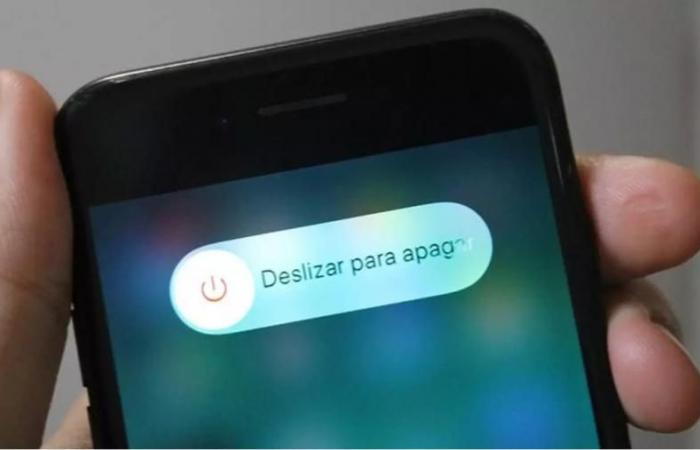In a report on recommended practices for mobile devices, the NSA (United States National Security Agency) offered a series of tips designed to prevent computer pirates from appropriating information saved on the cell phone.
The base recommendation is to turn off and turn on the smartphone at least once a week. This simple act can be key to protecting the device from many vulnerabilities.
The document lists about a dozen tips, including “considering the use of biometry” and “using only original load cables.”
Although many may sound elementary, the recommendation to restart the weekly team captured a lot of attention. He even points out that the maximum time that must remain on must not exceed 168 hours.
Why it is recommended to turn off the cell phone at least once a week
“Threats to mobile devices are more frequent and are increasing in scope and complexity,” said the NSA while warning that some characteristics “provide comfort and capacity, but sacrifice security.”
This practice, although not infallible, can help reduce the risks of click zero exploits and malware sent through Spear-Phishing attacks.
The term “zero day” means that developers do not have any notice to create a security update, which leaves users exposed to possible attacks.
Thus, restarting the device can regularly interrupt a possible flow of information to criminals, in case they have managed to exploit a failure not yet discovered and installed on the device.
For those who forget to carry out these practices, some manufacturers have integrated functions that allow programmed reset. Samsung Galaxy devices and the latest OnePlus models admit this possibility.
Although Google Pixel phones do not have this option, they are automatically restart after receiving an air software (OTA) update. IPhone users can configure an automation to restart their device periodically.






